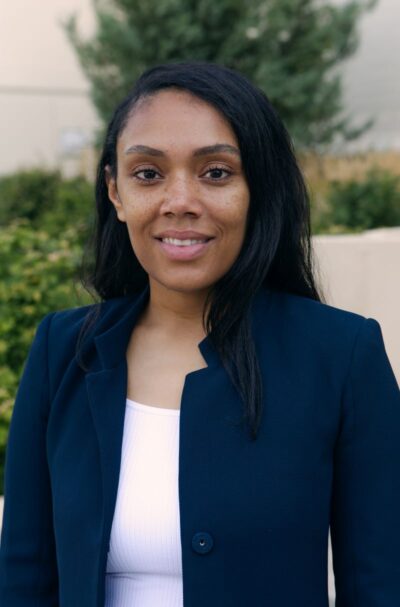 Genesis Meaderds
Genesis Meaderds
Director of Admissions
Eastern Oregon University
What drew you to the world of college admission counseling?
My first experience with college admissions counseling was when I became a student ambassador. During my time as an ambassador, I learned the role of an admissions counselor. After my undergrad, I lived abroad and worked at a trilingual high school. It was in Spain that I developed a desire to help students through the college search process. I worked with many students who had no plans and no guidance on life after high school.
When I moved back to the United States, I immediately began to look for admissions counselor positions. I have been in higher education ever since.
What is your favorite part of the job?
Witnessing the personal growth of students throughout their journey from high school to college graduation is incredibly inspiring and rewarding. By observing the challenges students face, the goals they set, and the achievements they make, I gain valuable insight into the impact of higher education and the potential for personal growth it offers. This serves as a reminder to continue striving for growth in my own role as a leader and practitioner.
How has NACAC played a role in your career?
Attending NACAC’s diversity conference, Guiding the Way to Inclusion, was professionally life-changing. I saw people who looked like me, doing similar work and facing similar barriers. It was more than a conference. I found a community of people from all over the country who I can reach out to when I need assistance, feedback, or ideas.
What do you think is the biggest challenge facing our profession today?
Higher education faces many challenges, but I have highlighted two that really stand out to me below:
Creating a campus culture that is truly inclusive for students of minoritized populations. How do we go beyond the performative “diversity” work and get to a place where equity and inclusion are visible in all aspects of the institution? An equitable and inclusive campus goes beyond access to the institution. It is a place where students of minoritized populations are valued, have their needs met, and have a sense of belonging.
Educating families and students on the importance of higher education has become increasingly difficult. Post-pandemic, many jobs are remote, pay well, and don’t require postsecondary education. It is not easy to articulate “why college” when the cost of higher education increases each year. In explaining “why college,” college admission professionals need to share that education is not solely about securing a job; it’s also about personal fulfillment and intellectual growth. College provides a platform for lifelong learning and fosters curiosity, critical thinking, and a broader understanding of the world.
When you aren’t working, what do you like to do?
Travel, travel, travel. There is something about travel that puts things into perspective for me. My husband and I travel every chance we get. I also love to be in the mountains. The beauty of the Wallowa Mountains of Eastern Oregon is hard to beat, but I am happy to hike anywhere.
If you could be any fictional character, who would it be and why?
I don’t know many fictional characters as I never watched television growing up. I never had a superhero stage. That said, I would like to be whichever one can fly. This would allow me to go all over the world for free!
Published July 3, 2023